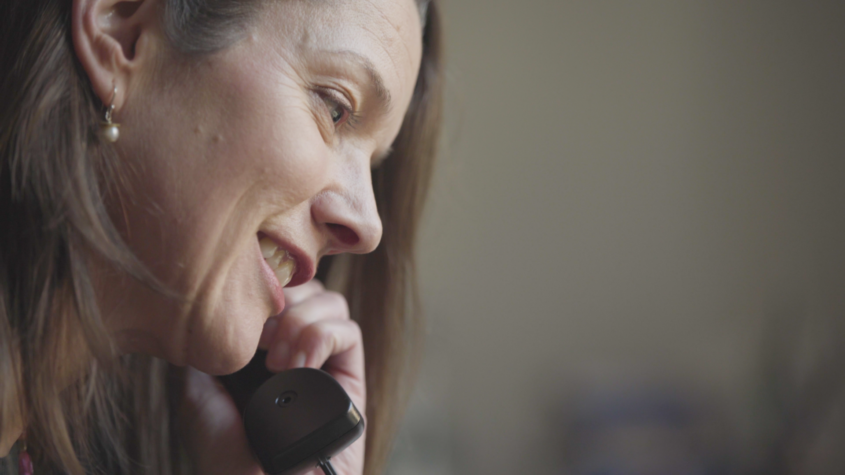Work and money
Having fatigue can make work difficult. For example, you may not be able to concentrate properly, or may struggle to travel into work. Talk to them about changes they can make so you can carry on working. This will depend on the kind of job you have, but might include:
- working part time
- a flexible start or finish time
- changing your duties
- taking more breaks
- working from a different place.
If fatigue is affecting your work, it can impact on your finances. For example, you might find that you need to work part time or take a few months off work. It’s important to try to deal with any money issues so that they don’t become something you worry about.
There is lots of help available. For example, Macmillan Cancer Support and Citizens Advice give expert information and advice on financial matters and benefits. Read more about dealing with work and money when you have pancreatic cancer.


